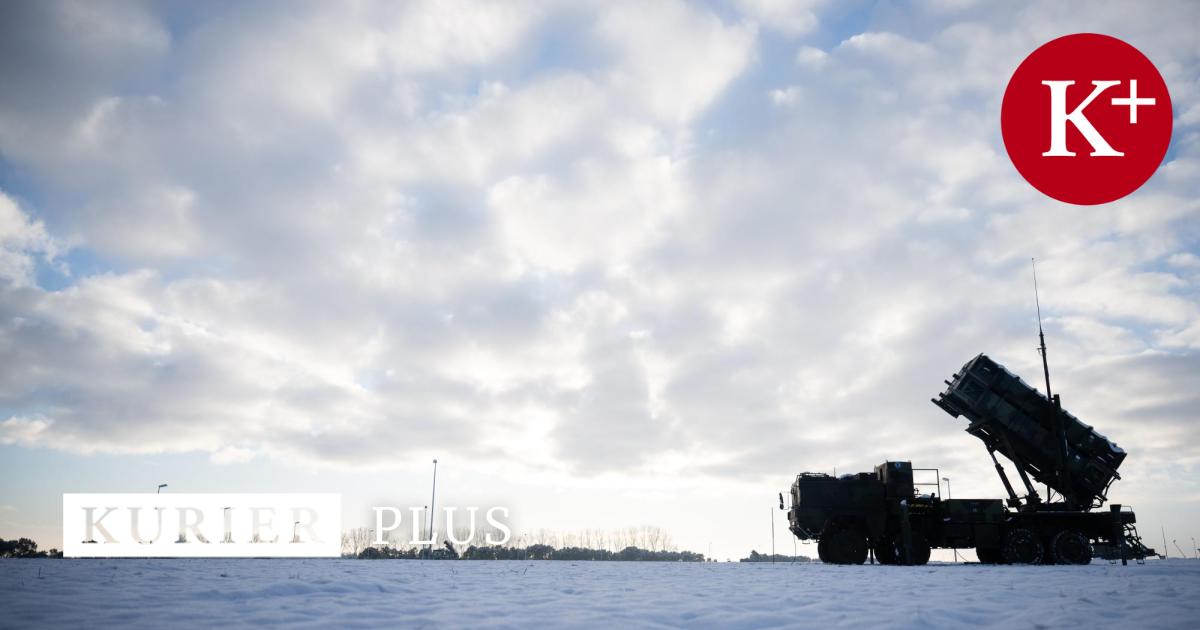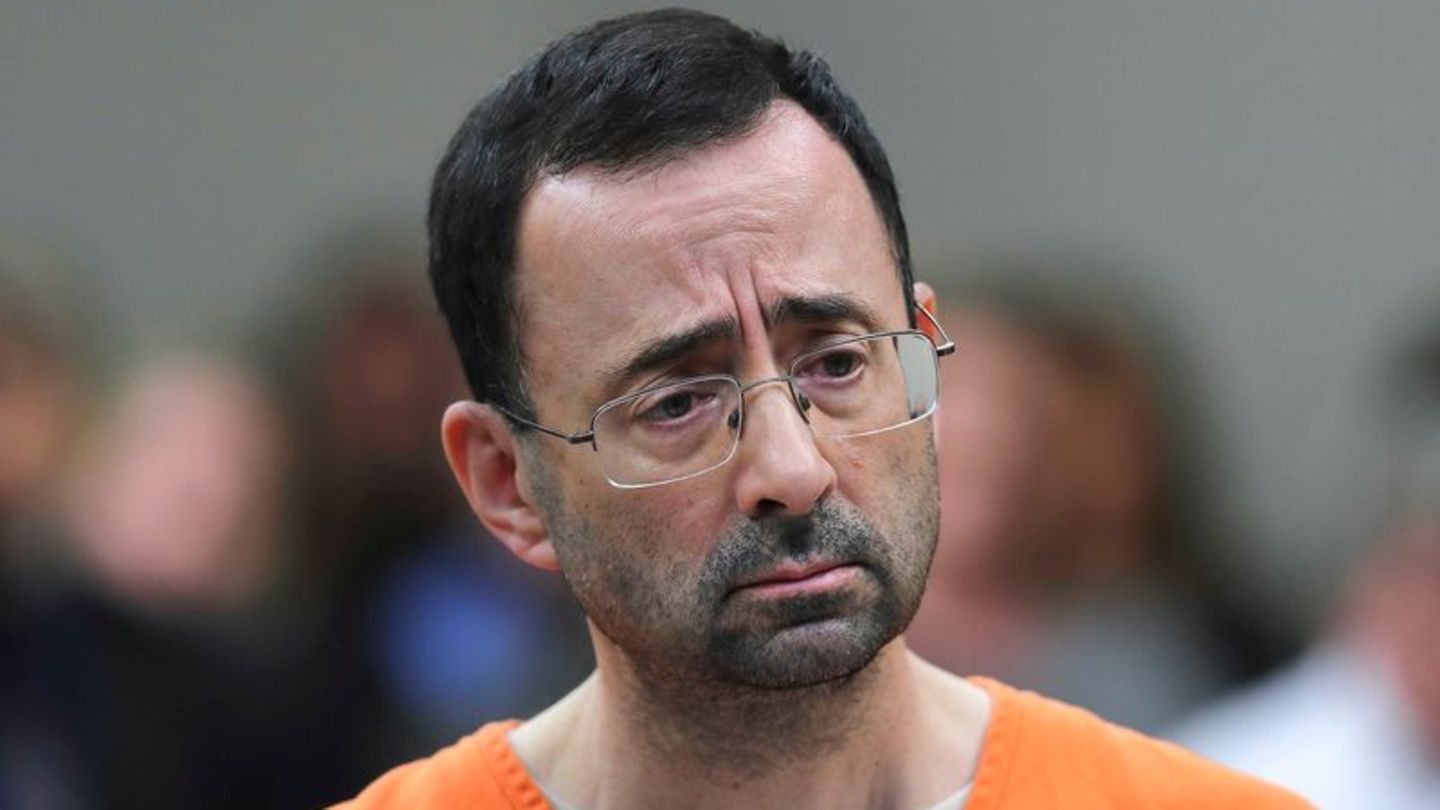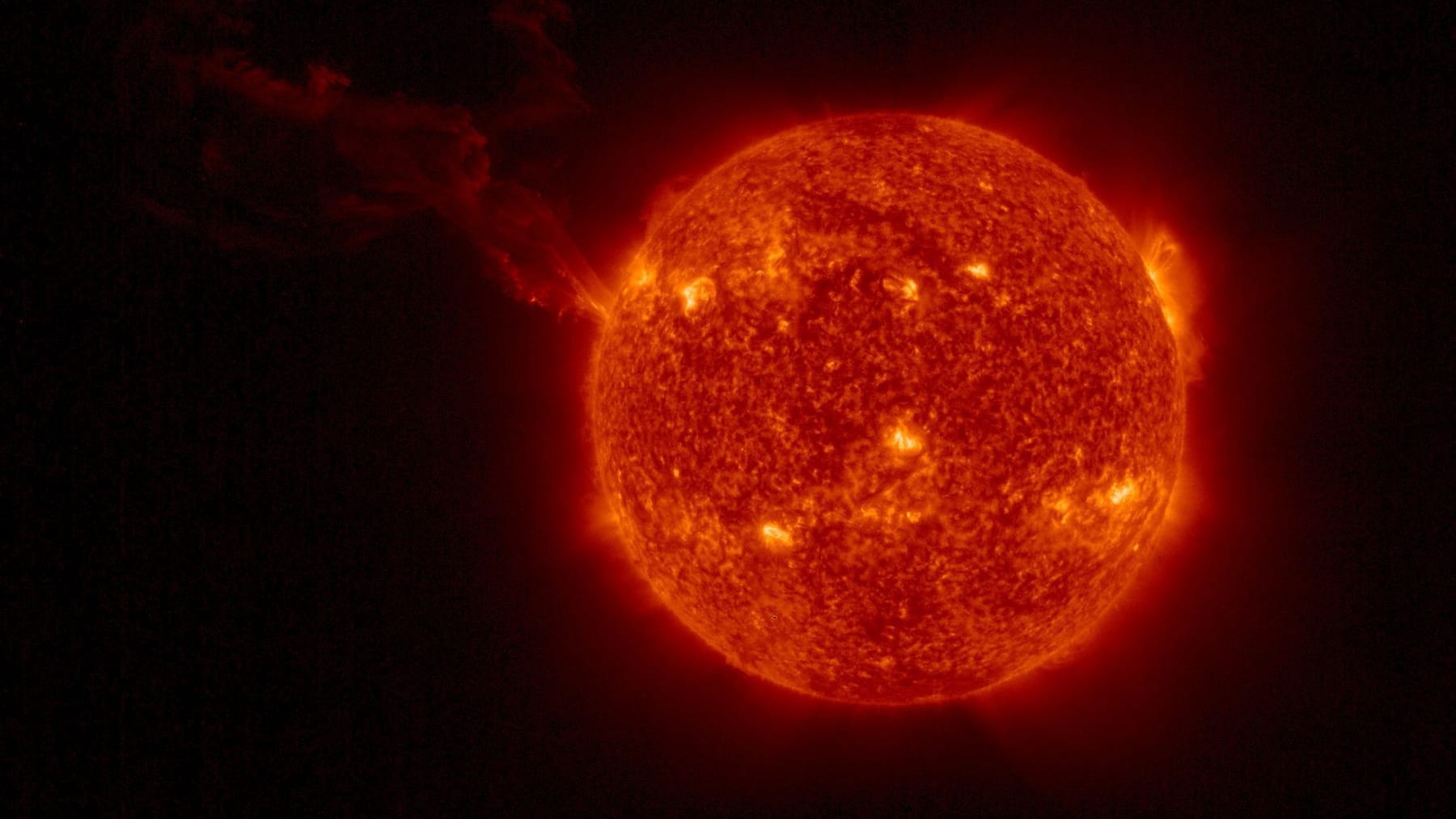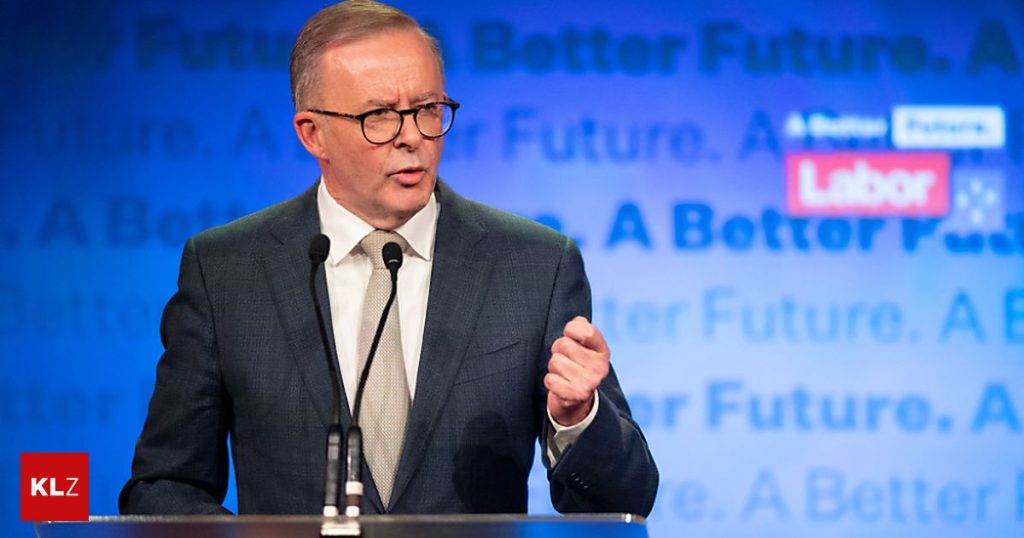The 59-year-old Albanese Labor leader, who has made fighting climate change a central theme of his campaign, is due to be sworn in on Monday. However, the new prime minister, known as “Albo” for short, is not the landslide winner of the vote: the two main camps were penalized by nearly 17 million voters. Instead, first-time independents – especially female candidates – and the Australian Green Party received massive support. The media commented that the change in the new parliament will lead women. It is still not clear whether the Albanian Social Democrats will get their majority in the House of Representatives or whether they will rely on the votes of other parties.
While major domestic and foreign policy challenges await the new prime minister, “Australians” are back in everyday life the day after the vote. Elections are a fairly quiet event on the fifth continent – and if there is no mandatory voting, turnout is likely to be low given the widespread disillusionment with politics.
On Sunday mornings, many families sat in cafes as usual with scrambled eggs with bacon and avocado toast, while others strolled along Sydney’s Circular Quay or rode a Ferris wheel in Darling Harbour. Political discussions are nowhere to be heard. Experts say the electorate is tired of both major parties.
On the East Coast, many people are currently facing the ruins of their existence after recent floods of unprecedented proportions occurred in the states of Queensland and New South Wales. Flood warnings were issued again for some areas on Election Day. When it doesn’t rain, Australia suffers from drought and bushfires. The natural wonder of the Great Barrier Reef has experienced a fourth coral bleaching since 2016, and a recent study alarmingly found that tree mortality in Australian rainforests has doubled since the 1980s.
The fact that some friends of Morrison’s party continue to deny climate change in the face of such a catastrophic situation makes many Australians shake their heads in anger. They are now pinning their hopes on Albanese and his election promises. As a reminder, Australia currently has one of the highest rates of carbon dioxide emissions per capita and is one of the world’s largest exporters of coal.
In a victory speech, Albanese showed where the flight could go: “Together we can end the climate wars,” so called out his jubilant supporters. “Together we can seize the opportunity to make Australia a superpower in the field of renewable energy.” He had already promised huge investments in “green energy” during the election campaign. “Yes, but how does he want to pay for all this?” asked the famous Sydney Morning Herald. Because Albanese not only inherited a huge budget deficit from Morrison, but also a huge national debt.
In addition, walking a tightrope in foreign policy. The relationship with China has been strained since Australia called for an international investigation into the origin of the coronavirus and Beijing’s handling of the outbreak. Since then, China has imposed punitive tariffs on Australian wine and other exports. The tone between Morrison and Chinese President Xi Jinping recently has been rough — to put it mildly. In order to counter China’s quest for power in the Indo-Pacific, Australia concluded the Aukus Security Agreement with the United States and Great Britain last year. The agreement stipulates that Washington and London should help their partners build nuclear submarines.
Political experts expect Albanese to take a less aggressive stance toward Beijing – but at the same time they don’t want to jeopardize its close relationship with the United States. The plans in store for the new Australian strongman will become clear on Tuesday when Albanese takes part in the so-called four-way summit in Tokyo with US President Joe Biden and the prime ministers from Japan and India – with China being one of the central speakers. points.
After the parliamentary elections in Australia, it remains unclear whether the election winner Anthony Albanese of the Social Democratic Action Party can govern alone or will depend on the votes of other parties. Experts say it may take some time before 151 seats in the House of Representatives are allocated due to the complex “Down Under” electoral system. The former opposition leader nicknamed “Albu” is due to be sworn in as prime minister on Monday.
He will replace Scott Morrison of the Liberals from the Conservative Party. Morrison, who has been controversial above all because of his coal-friendly climate policy, also wants to resign from the party leadership after the election disaster. A few hours after the polls closed on Saturday night, he conceded defeat and congratulated Albanese.
The 59-year-old new prime minister is expected in Tokyo on Tuesday, where he is scheduled to attend a summit meeting with US President Joe Biden and the prime ministers of Japan and India. At the so-called summit of the Quartet, the focus should be on the pursuit of freedom and openness for the Indo-Pacific region. Countries are trying not to allow China’s influence in the region to continue to grow.

“Food practitioner. Bacon guru. Infuriatingly humble zombie enthusiast. Total student.”







More Stories
Why is Austria now spending billions on missile defense?
For fruit growers, the waiting and trembling continues
Biden promises Zelensky quick support – Politics –